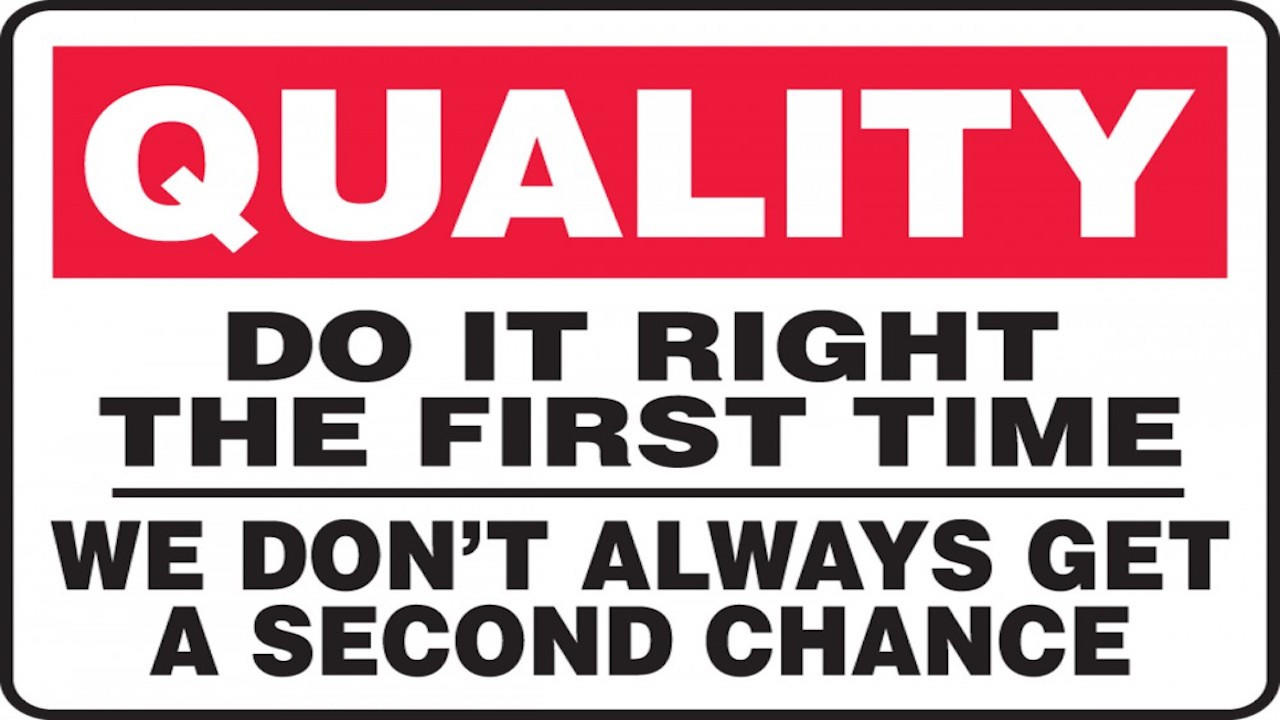
WRITE THE IEP RIGHT THE FIRST TIME
Oct 12, 2020 WRITE THE IEP RIGHT THE FIRST TIME
The IEP is the child's individualized plan to attain functional goals. It makes no difference if we are looking at reading, social competence, or anyone or combination of needs, if they are not addressed in the IEP there will be no focus on them. Most parents and advocates are not taught how to do the IEP right the first time around. So let us start with a clear understanding of what the IEP is, its function and its purpose..
- IEP stands for “INDIVIDUALIZED EDUCATION PROGRAM”.
- An IEP is a written statement for a child with a disability that is developed, reviewed, and revised in IEP meetings
- As authorized under the IDEA, Individuals with Disabilities Education Act
- It also addresses ADA and Section 504 federal laws and state regulations
- It is a legal document and contractual arrangement between the public school and the student’s family/guardians.
- If it is not written down it will not happen
- If it is not documented in the IEP it does not need to be provided.
- It is developed based on information from a comprehensive evaluation that defines the:
- student’s baselines on skills (normed - nationally compared to peers), criterion-based (a checklist of skills), and observational information,
- areas of educational need,
- student eligibility
- classification under special education
- a description of how the child’s disability affects their ability to learn and be included in the regular education environments
IEP PURPOSE
If you do not have an understanding of the true purpose of the IEP your outcomes will be affected. The purpose of the IEP is to be a guiding contractual document and:
- It serves as a blueprint for the child’s special education and related services that must be followed.
- It is a contractual arrangement of services that are agreed to be provided by the public school so to close the educational gap that exists based on evaluations that address educational deficits, and it must be followed.
- It covers and documents the scope of activities, accommodations, modifications, supports, and settings involved in educating a child.
- It guides the delivery of special education and related services and supplementary aids and supports for the child with a disability.
- It establishes measurable annual goals for academic and functional outcomes across environments (inside and outside of school).
- It defines the special education, related services, and supplementary aids and services that the public school will provide to the student so that they can access their education and make meaningful progress commensurate with their abilities.
- It addresses the involvement and participation in the student’s access to the general curriculum, extracurricular activities, and non-academic activities as well as in expanded core curricula.
- It ensures expert instruction and services that a student needs to succeed in school and beyond.
HOW LONG DOES AN IEP MEETING LAST?
An IEP meeting takes AS LONG AS IT NEEDS TO! A sample annotated IEP is 41+ pages long – how do you read all of that in a 30 – 60 min IEP meeting! Remember:
- Do not be pressured into artificial time constraints – just call for a continuation meeting.
- The IEP is not complete until the information about services that will be provided is complete and correct
- Request a longer time when you respond to the invitation if you believe you will need it.
- You must feel that you had meaningful participation
- If they are just looking for your signature then that is predetermination.
- If your work prevents you from attending write a letter and find a time you can attend.
- Ask for a continuation and note in your follow-up letter or NOREP that not all the parts of the IEP were reviewed.
WHY PARTICIPATE IN THE IEP MEETING
Parents are the best advocates for their children. They have more knowledge than they realize.
- A child’s educational program as well as their academic and functional outcomes are often dependent upon parent input.
- Parents are their child’s best advocates.
- Parent opinions are an important part of this discussion.
- Parents are also EQUAL members of the IEP team.
- You should participate no less in your child’s education than you do in their medical care.
This is the first of 3 blogs addressing multiple aspects of the IEP process. Make sure you SUBSCRIBE to the blog so you do not miss any of them.
2. DO YOU NEED A 504 OR AN IEP?

CREATING IEP DEVELOPMENT EXPERTS
NSEAI's online courses efficiently lead parents and professionals to an expert level of education advocacy in just 12 days of on-demand courses that you can do at your convenience.
OUR CHILDREN TO NOT HAVE TIME TO WASTE.
WE TEACH HOW IEPs GO FROM LEGALLY SUFFICIENT TO HIGHLY EFFECTIVE
CHANGE THEIR LIVES NOW!!
AUTHORS
Marie Lewis is an author, consultant, and national speaker on best practices in education advocacy. She is a parent of 3 children. As a Disability Case Manager, Board Certified Education Advocate, and Behavior Specialist Consultant, she has assisted in the development of thousands of IEPs nationally and consulted with schools. She brings a great depth of expertise, practical experience, and compassion to her work as well as expert insight, vision, and systemic thinking. She is passionate and funny and she always inspires and informs.
MJ Gore has an MEd in counseling and a degree in elementary education and natural sciences. She worked as a life-skills and learning support teacher She has been honored with the receipt of the Presidential Volunteer Service Award. She is the Director and on the faculty at the National Special Education Advocacy Institute. Her passion is social justice, especially in the area of education. She is a Board Certified Education Advocate who teaches professional advocates, educators, and clinicians the best practices in education advocacy.
